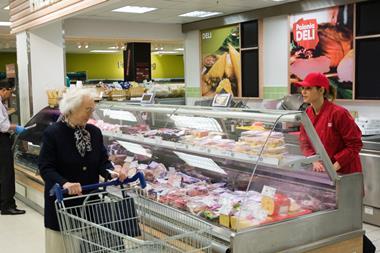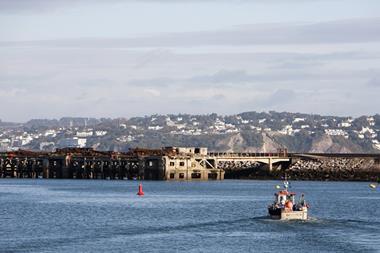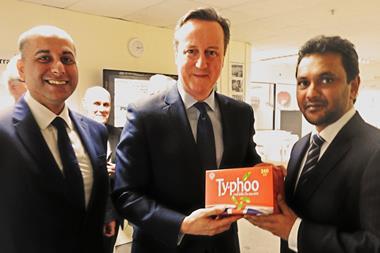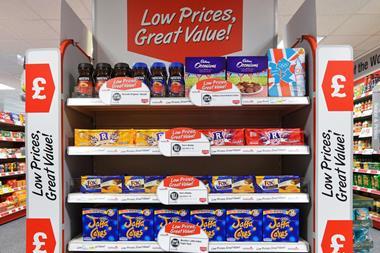
Food prices are likely to increase and exports could take a hit too in the event of Britain leaving the EU, a top economist told The Grocer Annual Lunch this week.
With a heavy reliance on imports, the UK was especially vulnerable to currency swings, said Deutsche Bank chief UK economist George Buckley, who predicted a 1% fall in GDP in the medium term. And with food and drink imports totaling £35.1bn (far exceeding the UK’s £12.8bn exports), it was a certainty that food prices would rise in a Brexit scenario, he added.
“Consumers will be facing higher food prices. No question,” he said.
The Cabinet Office reached the same conclusion in a report published on Monday. It would cause a “major economic shock” to the UK, putting British companies at a competitive disadvantage and would have “knock-on effects on UK jobs and incomes, as well as on the attractiveness of the UK as a destination for international investment,” it said. “Lowering tariffs would deny the UK revenue, and undermine our negotiating position in future trade deals.”
It also argued that on the export side the loss of access to the single market, as well as the 53 markets with which the EU has free trade agreements such as Mexico, South Africa and South Korea, would see exporters subject to heavy tariffs.
The Cabinet Office report examined the agreements non-EU members Norway, Switzerland, Canada and Turkey have in place, and the possibility of adopting World Trade Organisation (WTO) rules and concluded that all would leave the UK worse off.
“It would be hard even to come close to replicating the level of access and influence from which the UK currently benefits as a result of our special status in the EU,” it said.
Buckley also warned that on the export side “the EU could choose to inflict further damage in terms of trade deals because if the UK is seen to get a soft deal on exit, other countries could follow. So whatever trade deal we strike it could be harsh.”
Investec analyst Nicola Mallard said there would be little to be gained on either side from hostile trade relations, but if the EU decided to play “hardball” to discourage other member states leaving, the terms demanded for free-trade access could be too high for the UK to stomach. And she was particularly concerned for the impact on mid-cap fmcg stocks such as Fever-Tree.
“Failure to secure a free trade agreement would mean exports from the UK to the EU would incur a common external tariff,” she said.
Food categories would be among the hardest hit by ‘most favoured nation’ tariffs, with dairy subject to an average tariff of close to 50%, wine 33%, sugars and confectionery almost 30% and fish and fish products about 12%.
Mallard highlighted the difficulties loss of access could cause one of the UK’s biggest export success stories, Fever-Tree. Exports make up 68% of premium mixer maker Fever-Tree’s revenues, with 38% going to the EU.
“If the UK was to be governed by most favoured nation tariffs we understand this would impose a 9.6% duty on exports from the UK to the EU,” she said. “Fever-Tree has talked of bottling the product closer to its main overseas regions. Imposition of tariffs could bring forward this decision.”
In the Deutsche Bank report Buckley said the medium-term impact would be the most serious: “I’m not sure it will take 10 years as some have suggested [to negotiate trade agreements] but sterling will fall, and possibly the euro, investment, trade, equity prices, London house prices will all be hit, productivity will be lower (but a boon for lawyers), and there’s the possibility of Scotland seeking another referendum. It will be 1% or worse.
The long term impact was harder to assess, he added, due to “a whole host of limiting factors”.
“The UK is a robust and adaptable economy. It will recover. Sterling would boost exports in some areas. We need to weigh up the economic hit in the medium term against political sovereignty in the long term.”



















No comments yet